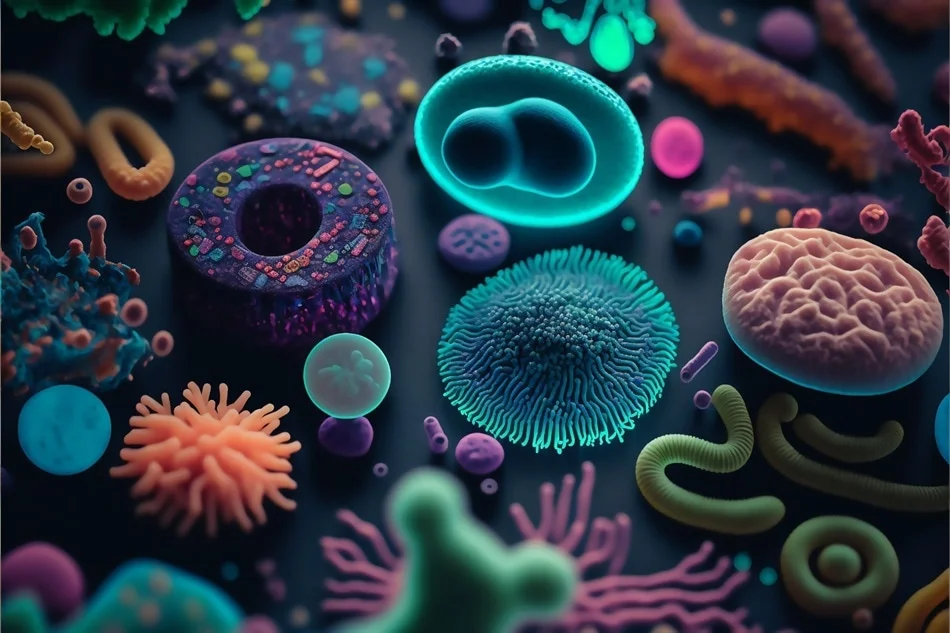A commonly found genus of microbe in damp, marshy environments could potentially contribute significantly to the onset of Parkinson’s disease by releasing compounds that stimulate the aggregation of proteins within brain cells, forming toxic clumps.
This discovery, made by a team of researchers from the University of Helsinki and the University of Eastern Finland, expands on previous findings showing a correlation between the severity of Parkinson’s disease and the presence of certain Desulfovibrio bacterial strains in fecal samples of volunteers.
Building upon their earlier work, which linked the bacteria’s presence in genetically modified worms to physical changes in the brain resembling Parkinson’s disease, the researchers aim to enhance early diagnosis methods for humans and potentially slow the disease’s progression.
“Our findings enable the identification of individuals carrying these harmful Desulfovibrio bacteria,” explains senior author Per Saris, a microbiologist at the University of Helsinki in Finland.
“This could lead to targeted interventions aimed at eliminating these strains from the gut, potentially alleviating and delaying symptoms in Parkinson’s disease patients.”
Since James Parkinson first described the neurological disorder nearly two centuries ago, researchers have sought to understand why some individuals experience progressive loss of motor function with age.
In Parkinson’s disease, microscopic aggregates called Lewy bodies accumulate in specific regions of the brain cells.
Recent investigations reveal these accumulations consist mainly of α-synuclein proteins, which normally play a role in neurotransmitter release.

The exact role of these protein clumps in Parkinson’s pathology remains unclear, but their presence, known as protofibrils, likely disrupts nerve cell function.
The initial trigger for α-synuclein aggregation remains a mystery. While genetics account for a minority of cases, environmental factors, including gut bacteria composition, are suspected contributors to Parkinson’s disease development.
Saris’s 2021 study pinpointed Desulfovibrio bacterial strains as a significant environmental factor potentially linked to Parkinson’s disease.
In their latest research, Saris and his team analyzed fecal samples from 10 Parkinson’s patients and their healthy spouses, isolating Desulfovibrio strains. These strains, along with control bacteria, were then administered to genetically modified Caenorhabditis elegans nematodes expressing human α-synuclein.
Microscopic examination revealed that nematodes fed Desulfovibrio strains showed higher incidence of α-synuclein clumping, with larger aggregates compared to control groups. Strains isolated from Parkinson’s patients were particularly effective at inducing protein aggregation in C. elegans, leading to higher mortality rates in these worms.
While findings in nematodes cannot directly translate to human studies, ongoing research will look into how Desulfovibrio bacteria in the human gut might initiate α-synuclein aggregation, potentially influencing disease progression.
Future therapeutic approaches could target gut microbiota and peripheral nerves rather than the brain itself to manage Parkinson’s disease progression.
“If Desulfovibrio bacteria are eliminated from the gut, α-synuclein aggregates may no longer form in intestinal cells, which could prevent their migration to the brain via the vagus nerve, akin to prion proteins,” suggests Saris.
